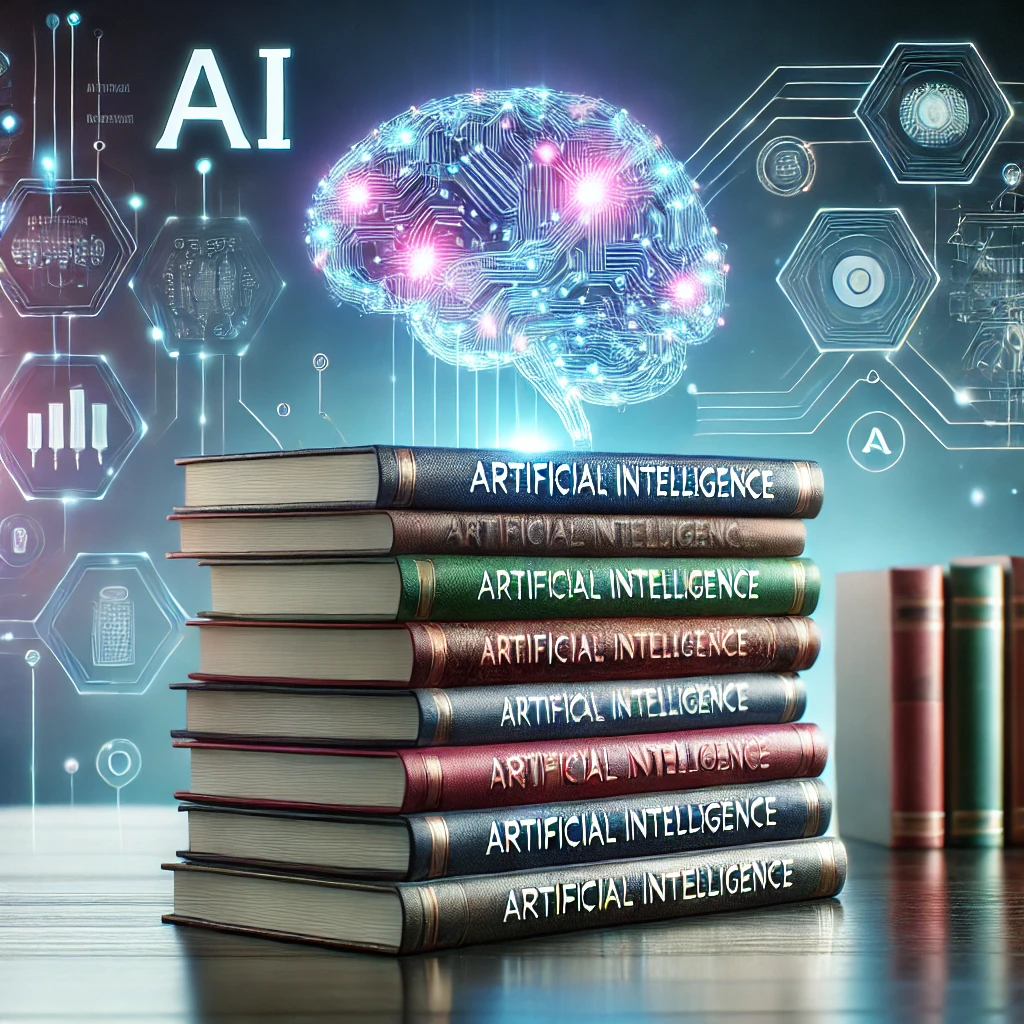
Introduction: Why Understanding AI Matters Now More Than Ever
Artificial Intelligence (AI) is no longer confined to labs or sci-fi novels. By 2030, the global AI market is projected to reach $1.8 trillion, reshaping industries from healthcare to defense. Tools like ChatGPT and DALL-E are democratizing creativity, while autonomous drones and algorithmic warfare challenge humanity’s ethical frameworks. To navigate this brave new world, we’ve curated 7 groundbreaking books that dissect AI’s promises, perils, and paradigm shifts.
Key Statistics:
72% of businesses now use AI for customer service automation (McKinsey, 2023).
AI-generated art sales surged by 540% in 2022 (ArtMarket Journal).
58% of citizens fear AI-powered weapons could escalate global conflicts (Pew Research).
Read Also:
Satoshi Nakamoto turned out to be richer than Bill GatesBest AI Image Generator, Image Generate Models - Create Visual Art
1. "The Code of Creativity: How AI Learns to Write, Paint, and Think" by Marcus du Sautoy
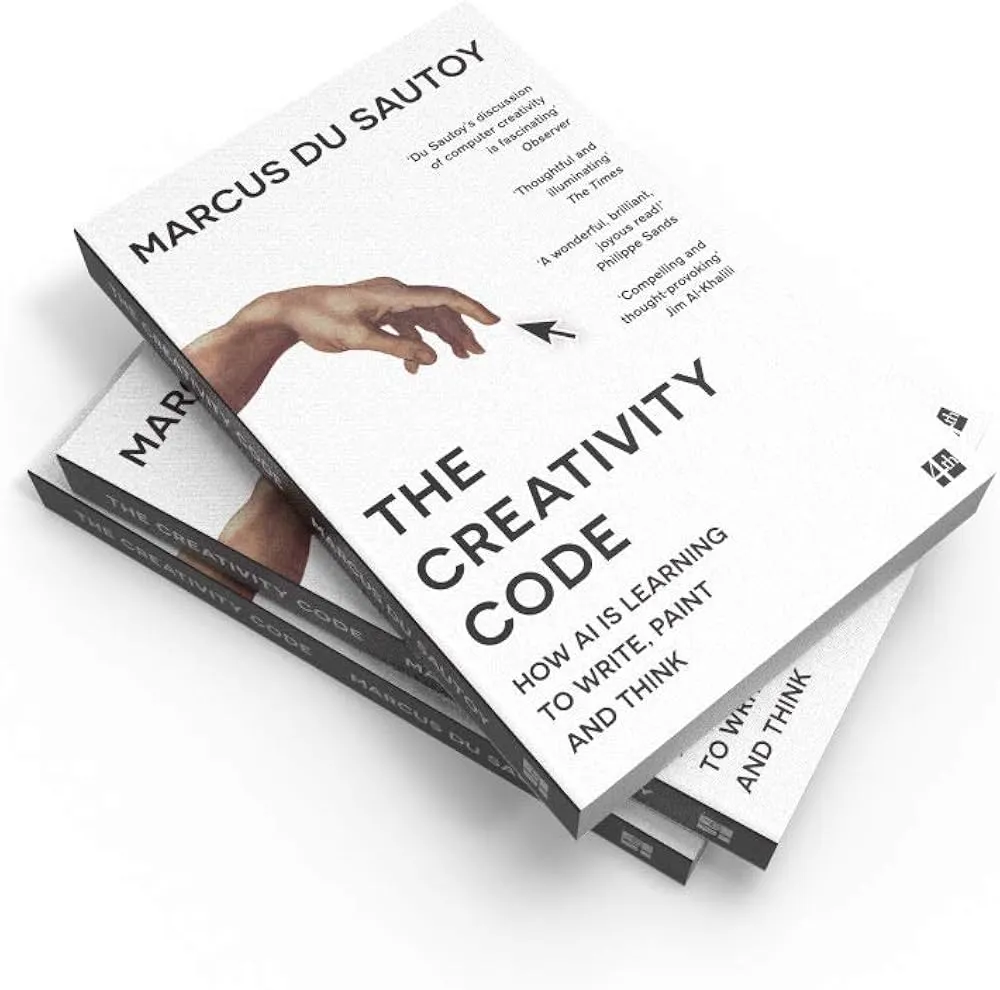
Why It’s Essential:
Marcus du Sautoy, a renowned Oxford mathematician, investigates whether machines can rival human creativity. Through case studies like DeepMind’s AlphaGo and “The Next Rembrandt” project, he reveals how AI algorithms “learn” artistry by analyzing patterns in data—challenging the myth that creativity is uniquely human.
Deep Dive:
AI in Music: Explore how OpenAI’s MuseNet composes symphonies blending Mozart and modern pop.
The Role of Randomness: Du Sautoy argues that AI’s “controlled chaos” mirrors human brainstorming.
Ethical Quandary: Should AI-generated art be copyrighted?
“Creativity isn’t magic—it’s mathematics. AI shows us that even beauty can be decoded.”
Target Keywords: AI creativity, generative algorithms, machine learning art
Ideal For: Artists, programmers, and educators rethinking innovation in the AI age.
2. "ChatGPT, DALL·E, Midjourney: How Generative AI Changes the World" by Oleksandr Krakovetskyi
Why It’s Essential:
Krakovetskyi, a tech entrepreneur, decodes the tools revolutionizing content creation. Learn how ChatGPT drafts legal contracts, DALL-E designs ad campaigns, and Midjourney aids architects—all while grappling with risks like deepfakes and job displacement.
Case Studies:
Healthcare: ChatGPT’s role in diagnosing rare diseases.
Education: AI tutors personalizing learning for 1 million+ students.
Limitations: Why ChatGPT struggles with cultural nuance.
“Generative AI isn’t replacing humans—it’s redefining collaboration.”
3. "GRM. Brainfuck" by Sibylla Berg (Dystopian Fiction)

Why It’s Essential:
Berg’s award-winning novel isn’t just fiction—it’s a cautionary tale. Set in a near-future Europe fractured by AI-driven geopolitics, four teens plot revenge in a world where blockchain governs economies and Stuxnet-like viruses sabotage nations.
Themes Explored:
Digital Divide: How AI amplifies inequality.
Surveillance Capitalism: Tech giants monetizing personal data.
Youth Rebellion: Gen Z’s fight against algorithmic control.
“In a world run by code, the powerless hack back—one line at a time.”
4. "Architecture in the Age of AI" by Neil Leach

Why It’s Essential:
Neil Leach, a visionary architect, argues that AI isn’t a tool—it’s a co-designer. Discover how firms like Zaha Hadid Architects use AI to simulate wind patterns for skyscrapers, while algorithms optimize sustainable materials like self-healing concrete.
Future Trends:
AI Urbanism: Smart cities where traffic lights adapt in real-time.
Emergenators: Architects who curate AI systems instead of drafting blueprints.
Ethical Risks: Bias in AI-trained design datasets.
“The city of tomorrow isn’t built by humans—it’s grown by algorithms.”
5. "Army of None: Autonomous Weapons and War’s Future" by Paul Scharre
Why It’s Essential:
Scharre, a former Pentagon strategist, unveils how militaries deploy AI-powered drones like Turkey’s Kargu-2, which can select targets autonomously. He debates whether “slaughterbots” will reduce human casualties or trigger accidental wars.
Critical Issues:
Accountability: Who’s responsible if an AI weapon errs?
Global Arms Race: 32 nations now developing lethal autonomous systems (UN Report, 2023).
AI Arms Control: Proposed treaties to ban killer robots.
“Machines don’t hate—but they don’t hesitate either. That’s what makes them dangerous.”
6. "AI Superpowers: China, Silicon Valley, and the New World Order" by Kai-Fu Lee
Why It’s Essential:
Lee, a venture capitalist, compares AI dominance in the U.S. and China. While Silicon Valley innovates, China’s massive datasets and state-backed projects like Baidu’s autonomous buses drive its AI supremacy.
Key Insights:
Job Apocalypse: 40% of global jobs could be automated by 2035.
AI Diplomacy: How nations weaponize AI for soft power.
The Copycat Myth: Why China’s AI startups now lead in facial recognition.
“Data is the new oil—and China’s drilling deeper.”
7. "Human Compatible: AI and the Problem of Control" by Stuart Russell
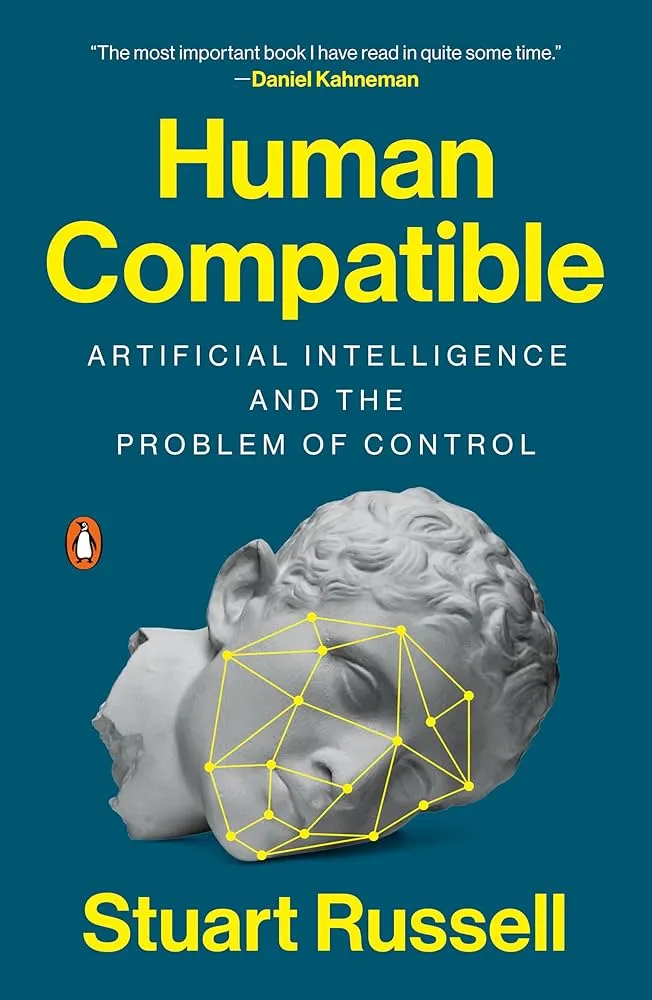
Why It’s Essential:
Russell, a pioneer in AI research, warns that superintelligent systems could surpass human control. He proposes a radical solution: designing AI that’s “uncertain” about human preferences, ensuring it defers to people.
Provocative Questions:
Alignment Problem: How to encode ethics into AI?
Existential Risk: Could a misaligned AI accidentally eradicate humanity?
Regulatory Frameworks: Lessons from nuclear nonproliferation.
“We’re building gods. Let’s ensure they’re benevolent ones.”

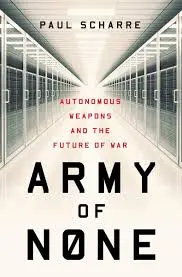
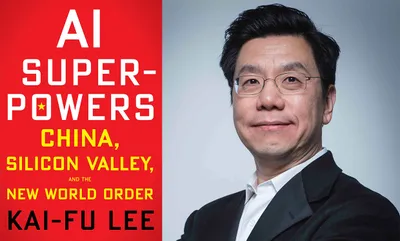
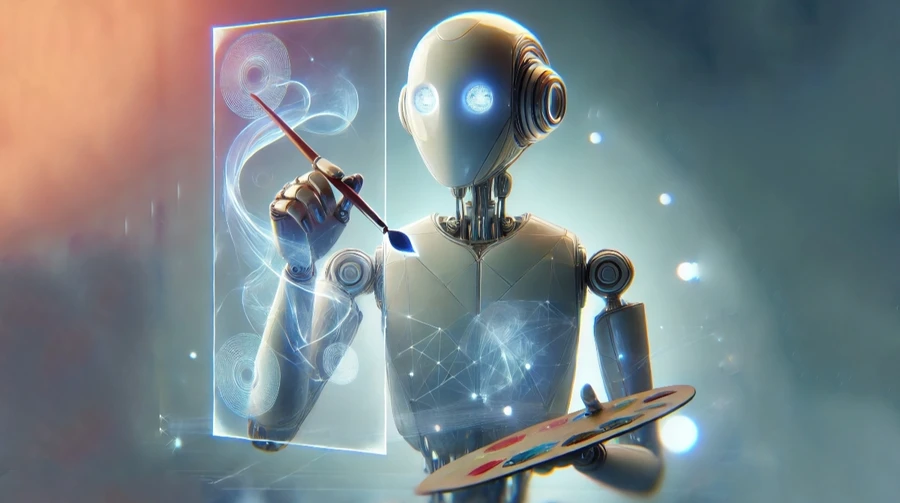 Flynn artificial intelligence has become a student of the University of Applied Arts in Vienna
Flynn artificial intelligence has become a student of the University of Applied Arts in Vienna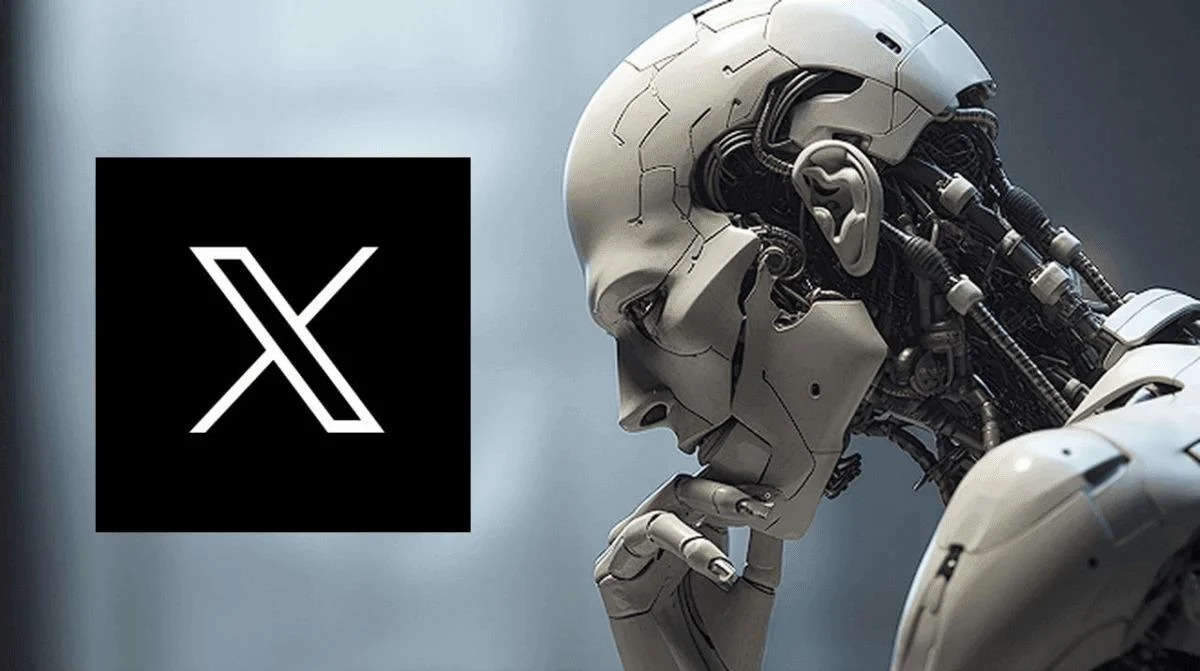 Elon Musk announced the launch of the "smartest AI on Earth"
Elon Musk announced the launch of the "smartest AI on Earth"